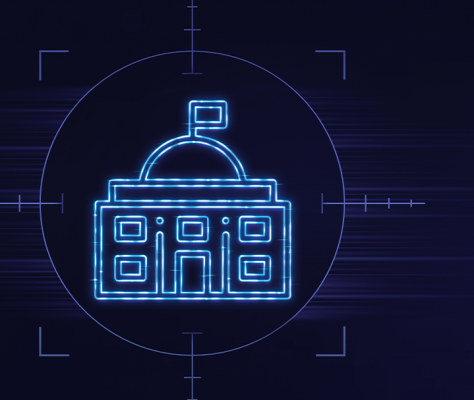CES 2016 was supposed to be the year of the connected device – companies of all sizes were unveiling the latest smart devices to make consumers' lives better and easier. Is this the beginning of the IoT consumer revolution? The picture seems a bit mixed.
This year's gadgets have been aimed at making sure your home knows what you want before you do. The connected devices that have been announced are all about making everyday tasks easier, simpler, and more convenient. For example, Samsung announced a refrigerator that will allow you to order directly from a screen on the door, and even let you see what's inside while you're out shopping. GreenPeak Technologies released a Family@Home app which recognizes established patterns of behavior and sends alerts when something happens out of the ordinary. It's aimed at seniors, who are living longer at home.
Two trends are emerging in regards to smart devices. One is that consumers are wary of adopting smart home devices, because they're afraid they won't be able to get them to function properly. “Most people are scared or don't understand smart homes because it's been presented to them as: ‘Here's a hub and a bunch of sensors, why don't you try to turn on your lights,'” says NextMarket Insights analyst Michael Wolf.
The other trend is that companies are trying less and less to become the de facto connected platform for your home, and instead are working with established systems like Alphabet's Nest and Samsung's SmartThings. This is why APIs are so crucial to IoT development – the players understand that the success of their IoT efforts are going to live or die on whether their connectivity platforms are adopted by developers. In fact, Amazon has established an Alexa Fund to help developers use its platform, and the effort is paying off; devices using Alexa are everywhere at CES.
In his predictions for 2016, our founder Ross Mason suggested that connected devices themselves won't make a big impact right now; what will make an impact is how these devices will be used to create value. Enterprises thinking about IoT can imagine value scenarios and have developers create APIs to make those scenarios happen.
If you're interested how connected devices will affect your business, take a look at our resources on IoT.









